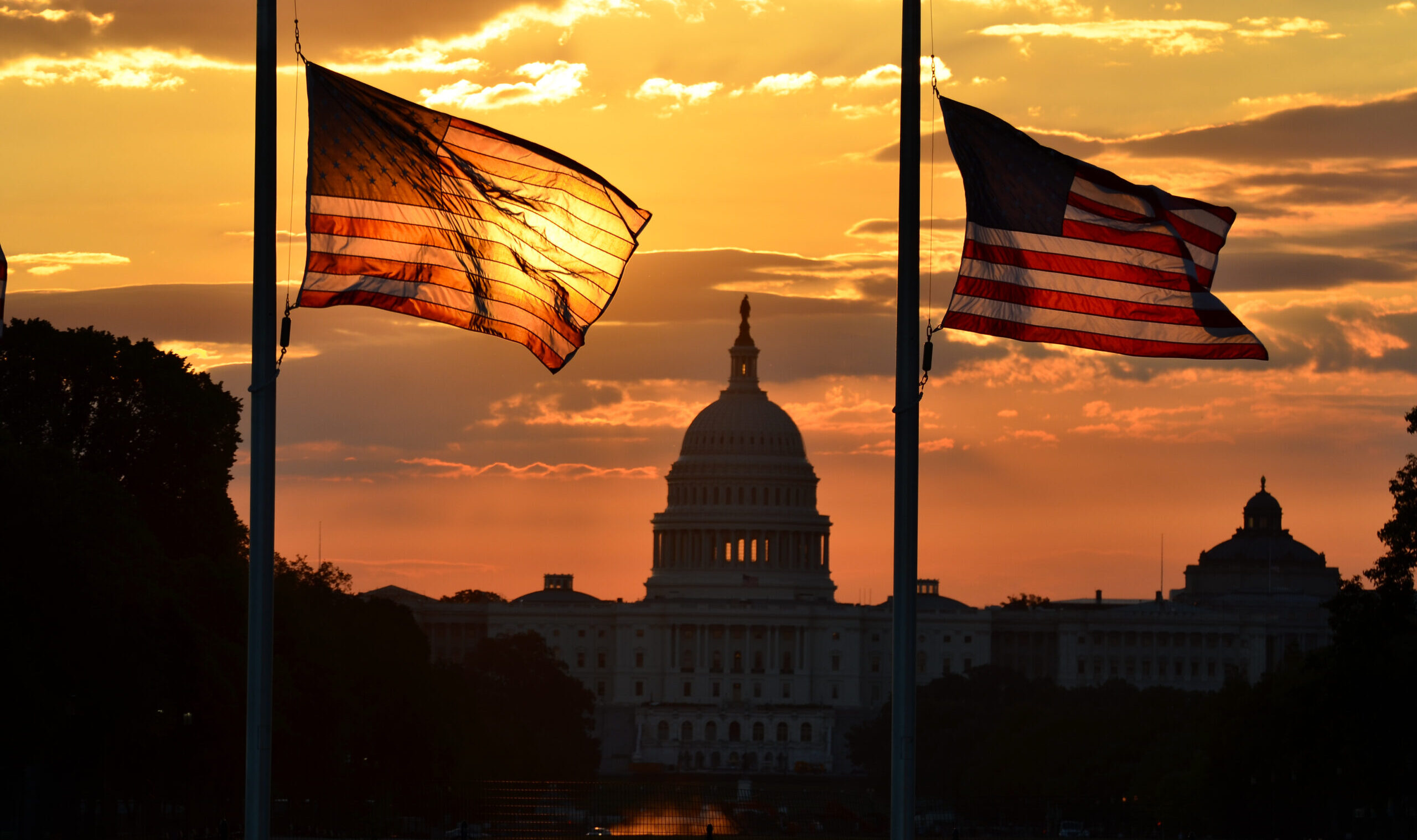The great constitutionalists, from Aristotle to Montesquieu to Madison, believed that the populace should have a voice, but they also thought, with Cicero, that the well-being of the people was the highest law. Survival and flourishing is most important, not pandering to popular passions.
Any small “r” republican knows that a good society divides up power among authorities, repositories, and mysteries, such that all are checked and balanced; neither the bounder nor the mobile vulgus can become tyrannical. Pluralist theory seeks both safety and stability in multiplicity. The wisdom of crowds—and brokering institutions.


I found it talks way too much about ancient Greece and Rome and France in 1789. To me, I read it as: “The way elections work in the US means almost nobody gets a real say anyways, so why even have a voting system? Voting wasn’t even a thing for most of history.” I’m scratching my head wondering why someone would argue elections should be eliminated instead of reformed.